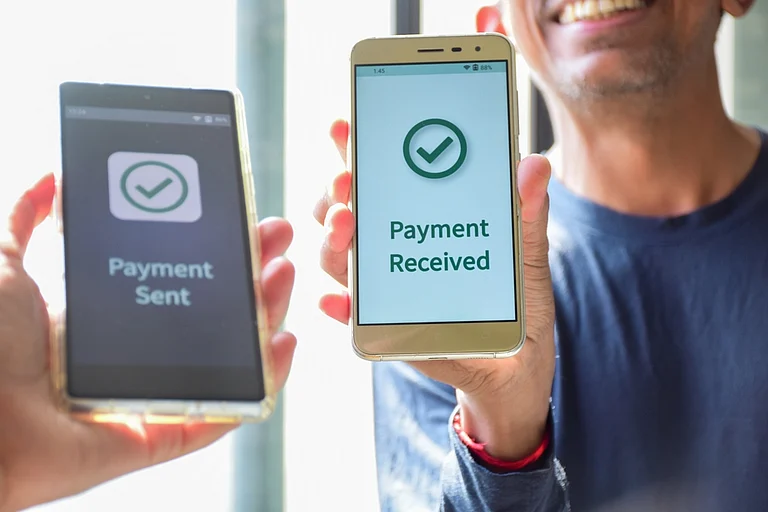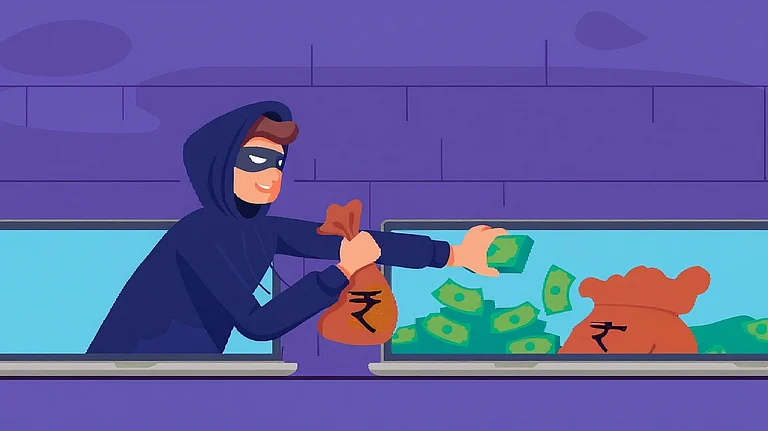
Summary of this article
Beware of fake websites, emails, and QR codes during festivals.
Protect personal data; avoid public Wi-Fi and unverified platforms.
Prefer cash-on-delivery and verify websites before making purchases
The festival season is all about celebrations, joy, and a shopping spree like no other. Online shopping has become a popular trend due to offers like Amazon's Great Indian Festival, Flipkart's Big Billion Days and Myntra's End of Reason Sale as well as trends like influencer-curated collections and app-only savings.
The festival season brings with it convenience and excitement but it also draws scammers who want to exploit eager consumers.
How Scammers Lure Festival Shoppers
Scammers are especially active during the festival season, taking advantage of shoppers' excitement. They often create fake websites that almost look like well-known online businesses in order to steal your login or payment information. They also send emails or messages that promise amazing offers but it direct them to risky websites which is another popular strategy. Additionally, fraudulent commercials are shared on social media to deceive customers into divulging personal information by offering products at absurdly low prices.
Some fraudsters even utilise fake applications or QR codes that look authentic but really collect financial information. Others give flash sales, which put clients under pressure to move quickly and make it easier for them to fall for the scam. If you stay alert to these tricks, you can make the most of festival discounts while keeping your personal and financial information safe.
Tips for Festival Season Online Shopping
1. Be Cautious with QR Codes
When you see QR codes that promise money transfers or discounts, especially from somebody you don't know on social media or messaging applications, always proceed with caution. They can use them to steal personal information, hack your accounts, and defraud you out of your money.
2. Avoid Using Public Networks for Payments
Avoid paying for online purchases using shared computers or public Wi-Fi networks, such as those found in cafes or libraries, as these networks are sometimes unreliable. Scammers can intercept data from these networks for gaining access to your financial and personal information.
3. Safeguard Your Personal Information
Don't save personal information like your birthdate, phone number, credit card information or login credentials on unreliable or unconfirmed e-commerce websites. So, only share the information that's necessary, because fraudsters can use extra details to steal your identity or make illegal purchases.
4. Choose Cash-on-Delivery When in Doubt
If you are doubtful about the trustworthiness of an online company or vendor so it is safer to pay cash-on-delivery rather than online. This reduces your chances of losing money on fraudulent websites while yet allowing you to purchase the product safely.
5. Verify Website Authenticity
Before making a purchase, cross check the website URL, ensure that it employs HTTPS encryption and read several customer reviews. By checking a websites validity you can protect your personal information and finances from phishing scams anfestival seasond fake e-commerce sites.















